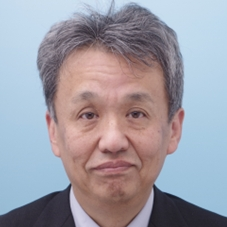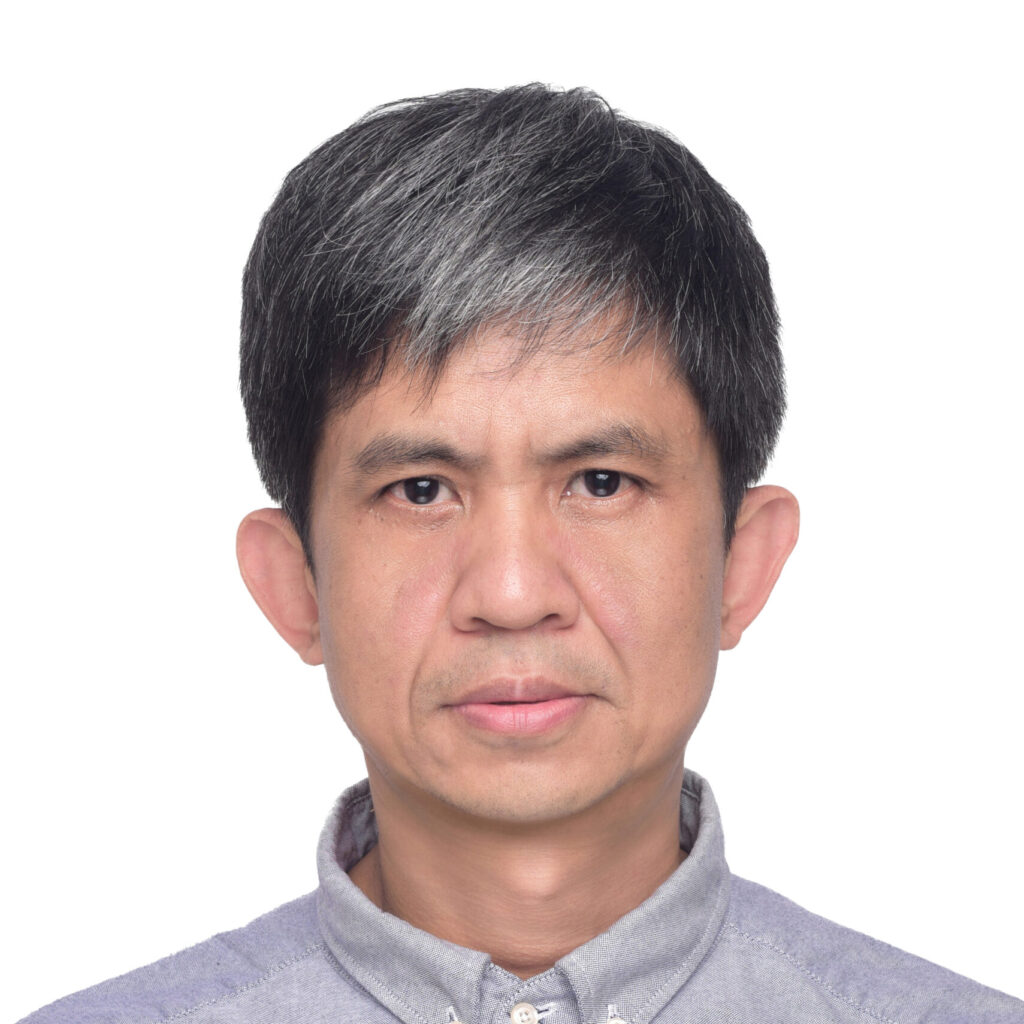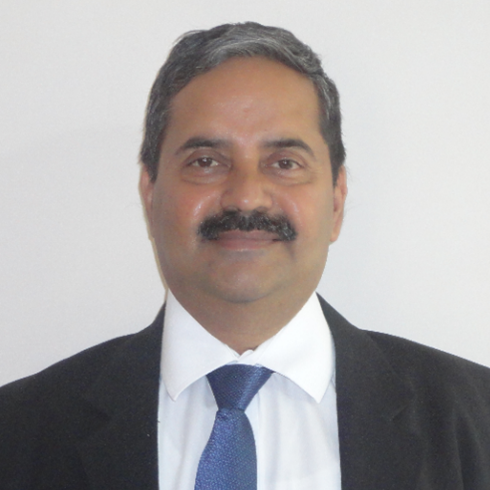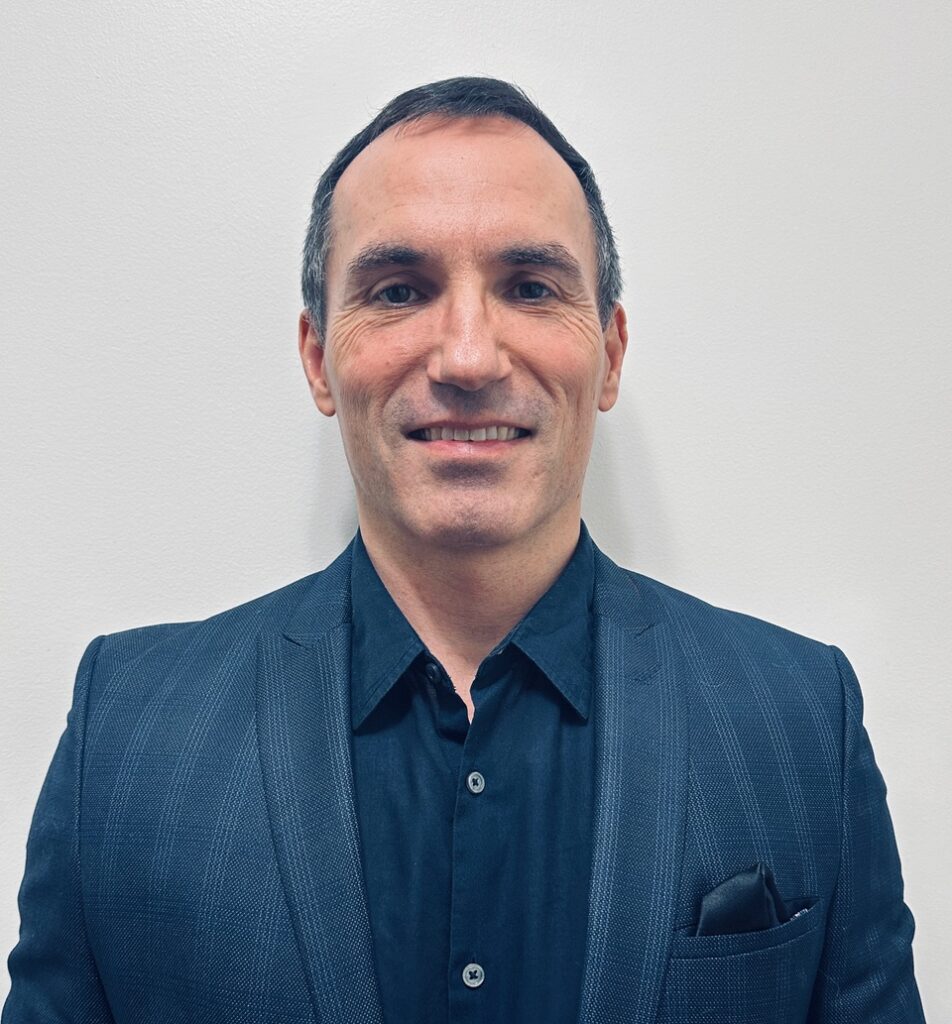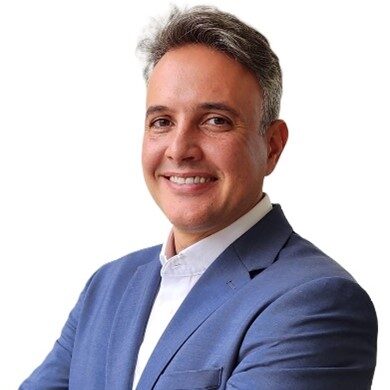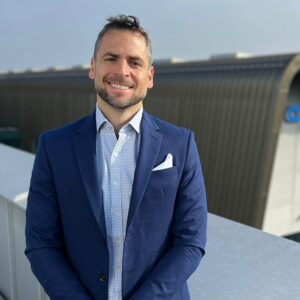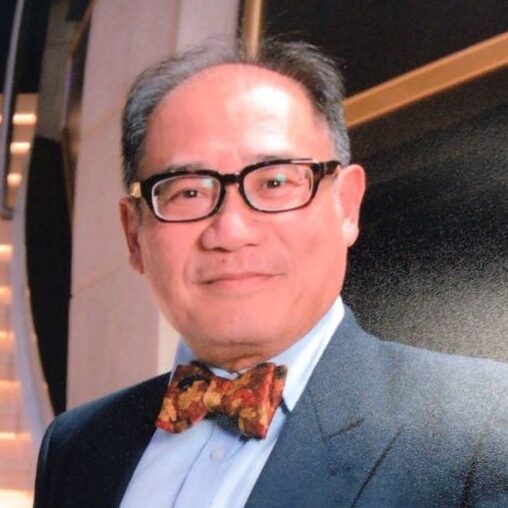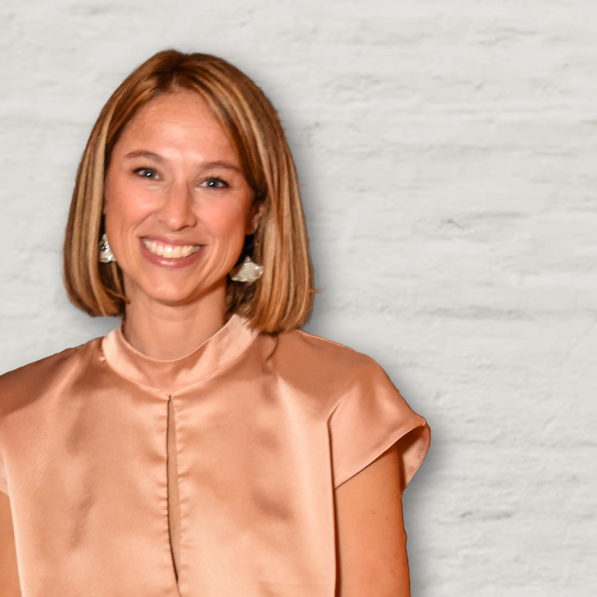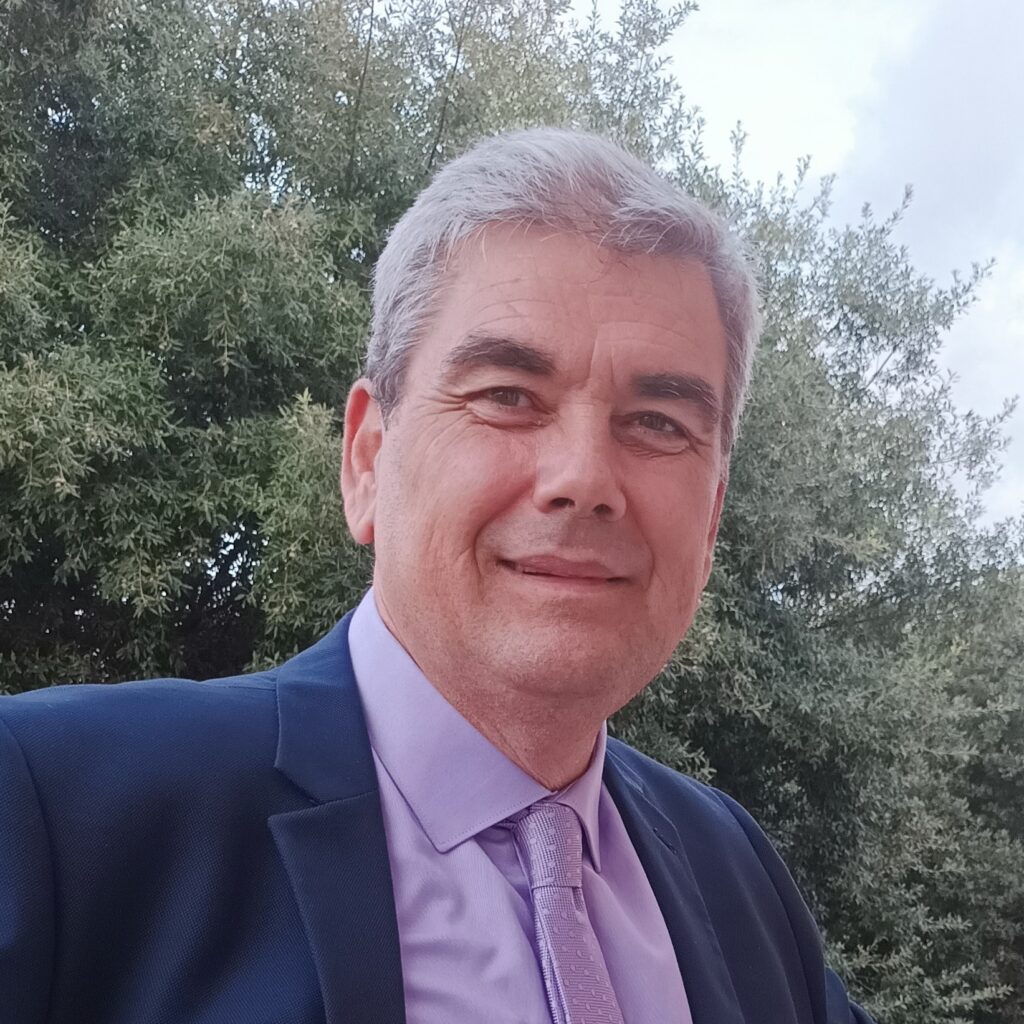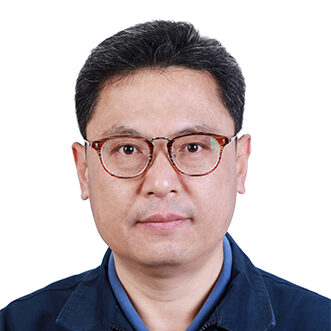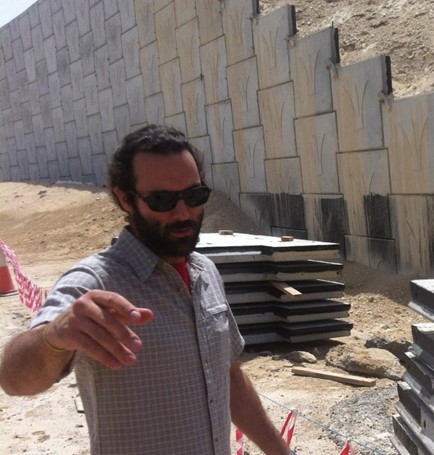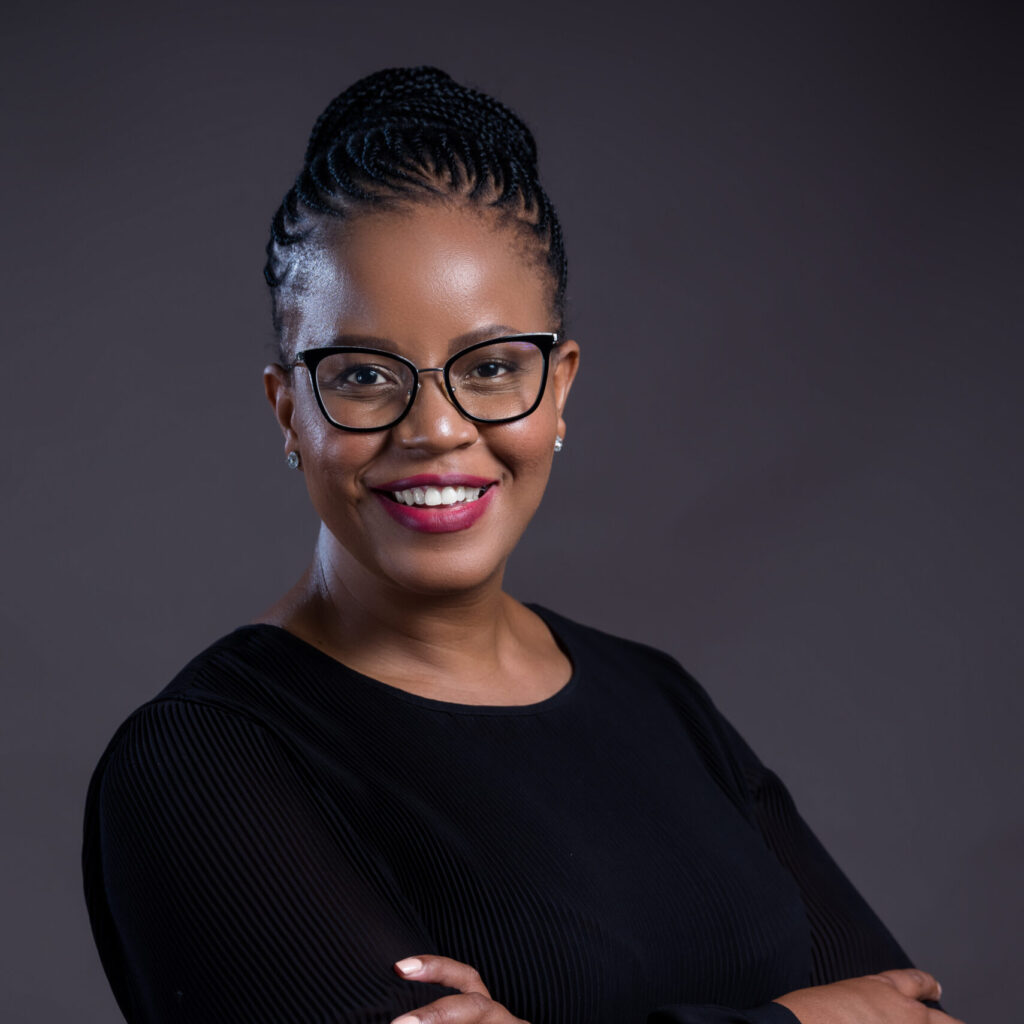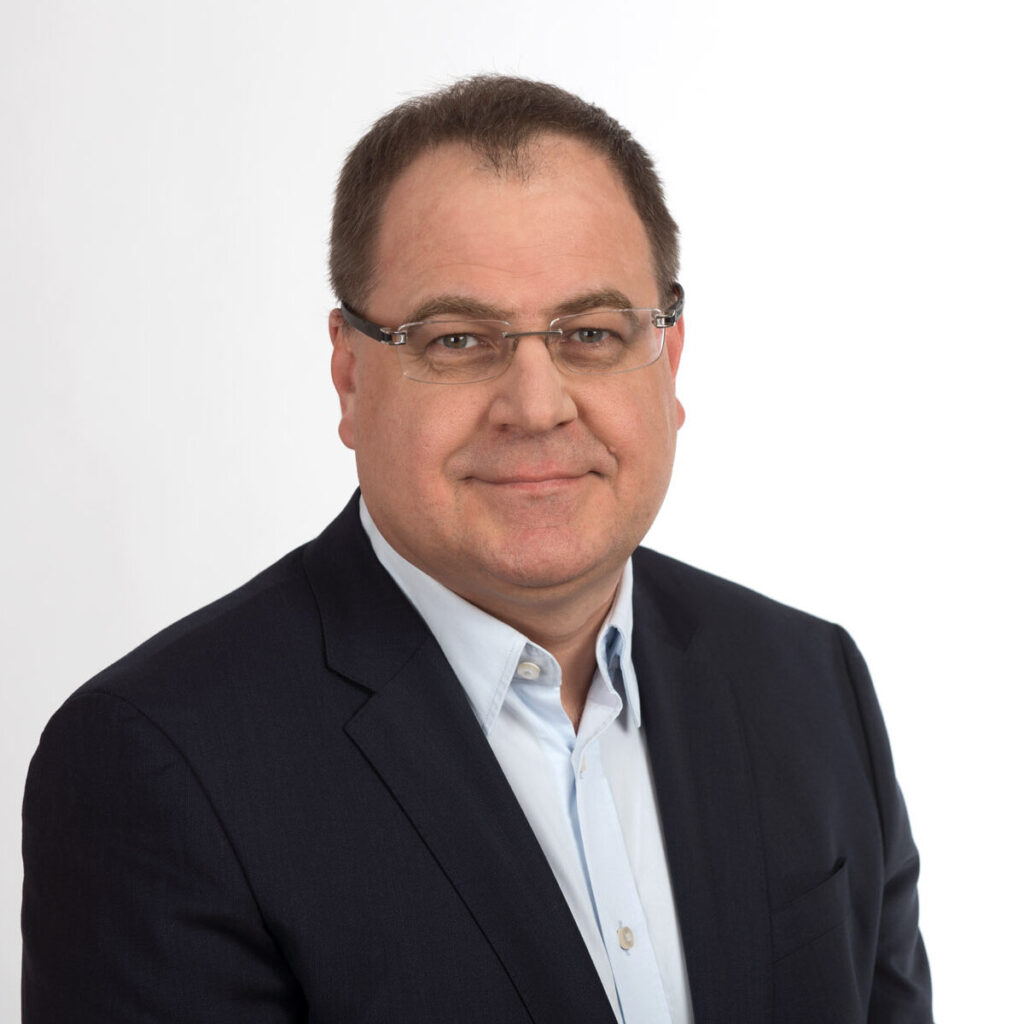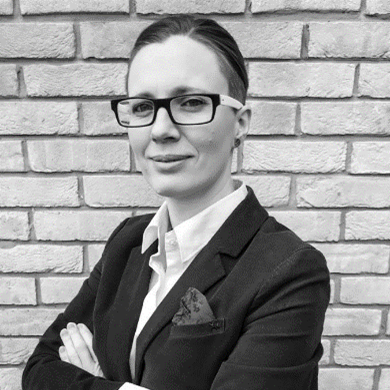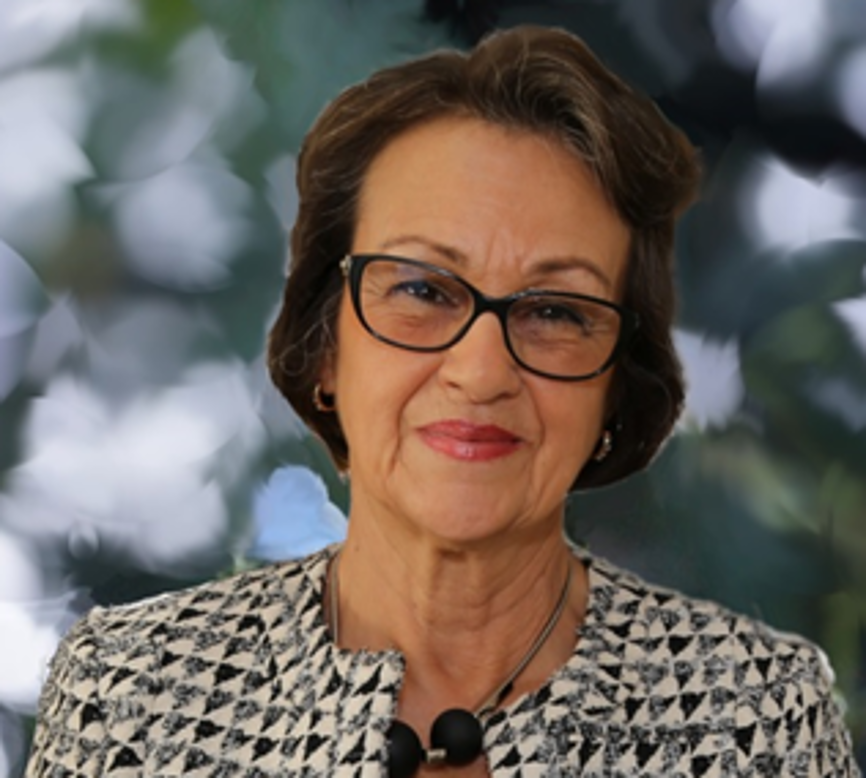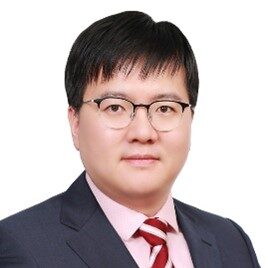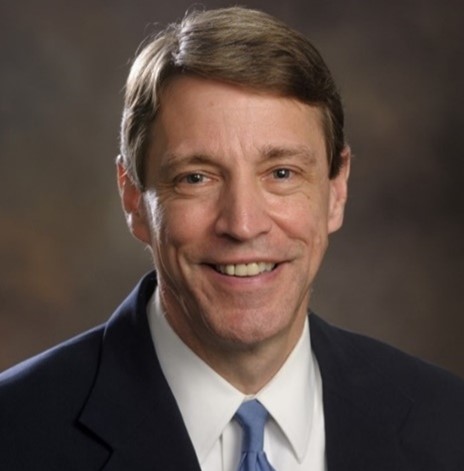Initiatives
The International Geosynthetics Society (IGS) is a learned society dedicated to the scientific and engineering development of geotextiles, geomembranes, related products, and associated technologies. The core purpose of the IGS is to provide the understanding of and promote the appropriate use of geosynthetic technology throughout the world.

Vision Statement
The vision of the IGS is that geosynthetics be recognized to be fundamental to sustainable development by providing technological and engineering solutions to answer societal and environmental challenges.

Our Organization
The IGS is registered in the USA as a non-profit organization. It is managed by five Officers and a Council made up of 10 to 16 elected members and a maximum of five additional co-opted members. These Officers and Council members are answerable to the General Assembly of members, which elects them and decides on the main direction of the Society.

IGS Committees
The IGS is composed of a variety of special interest committees. Refer to the IGS Operating Units to learn how the IGS Committees fit within the context of the society as a whole. The image also shows the Chairs for each of the IGS Council Committees, Task Forces, and Technical Committees.
IGS Coordination Committees

Technical Committees
The Technical Committees Coordination Committee focuses on the oversight and coordination of the Technical Committees of the IGS. Current technical committees include TC-Barrier Systems, TC-Hydraulics, TC-Soil Reinforcement, and TC-Stabilization.
Committee Chair
Dr. Russell Jones
Golder Associates

Events Coordination Committee
The Events Coordination Committee is a committee comprised of the IGS Technical Committee Chairs, Regional Activities Committee Chairs, the IGS Officers Liaison and the EC Chair as appointed by the Council specifically created to undertake the following
tasks:
- Receive and review any applications for Event endorsement
- Provide advice and guidance to applicants to assist with compliance with IGS requirements
- Provide recommendations to the IGS Officers on the suitability of Events for endorsement.
- Provide recommendations to the IGS Officers on any specific requirements or variations from standard associated with an Event.
- Ensure that active Events are monitored before, during and after to check your compliance with IGS rules and Event related agreements.
The Secretariat is the point of initial contact and communication with the IGS with respect to all Events. If you would like to have the IGS endorse your event, e-mail the IGS Secretariat at igssec@geosyntheticssociety.org.
Committee Chair
Dr. Erol Güler
Bogazici University, Department of Civil Engineering

International Liaison
The International Liaison Coordination Committee is charged with establishing and maintaining relationships with other societies and organizations which have interests and activities that parallel, compliment, or contribute to the goals and objectives of the IGS. The committee seeks to coordinate both the timing and the content of conferences, exhibitions, and educational tools to maximize benefits to the IGS membership.
Committee Chair
Dr. Chungsik Yoo
Sungkyunkwan University

Membership Initiative
The Membership Initiatives Coordination Committee evaluates pressing issues related to the characteristics and number of IGS members. The main goals of this task force:
- Research to understand the motivation of geosynthetics professionals and use the information garnered to create a more attractive benefits package to increase IGS membership numbers.
- Understand why members decide not to renew their membership and find ways to encourage them to renew.
- Find ways to attract student members to the IGS.
- Increase visibility of the IGS in the engineering community.
- Facilitate communication and links among IGS constituencies.
Committee Chair
Dr. Nathalie Touze
French National Institute for Agriculture, Food, and Environment (INRAE)
IGS Educate The Educators Program

Graduating engineering students often have had little or no exposure to the appropriate use of geosynthetics in engineering practices. The International Geosynthetics Society (IGS) Educate the Educators (ETE) program shows professors how the core principles of geosynthetics can be incorporated into their existing curricula.
The main goal of this program is to make sure that every student graduating from an undergraduate engineering program receives some basic exposure to geosynthetics. One way to carry out this action is to supply educators with the necessary knowledge and tools to help them integrate geosynthetic topics into their engineering curricula. ETE workshops provide attending professors with a host of resources to support this mission.
ETE programs are hosted through a partnership between an IGS Chapter and the IGS itself. In each program the IGS Education Committee helps organize the educational portion, including the sponsorship of the speakers, while the host Chapter is responsible for event management, attendee selection, fund raising, and logistics.
ETE events are open for registration to invited professors and academic staff. The expected attendance at each event is about 40 participants, with applications vetted and seats awarded based on an applicant’s credentials and ability to influence curricula at their institution. The IGS and the sponsoring IGS Chapter provide all funding resources and logistic support for these events. ETE attendees are responsible for the cost of their travel to and from the host city. Accommodation, meals, and educational materials are provided free of charge by the event.
The IGS encourages all chapters to consider leading an ETE workshop in their country. Incorporation of geosynthetics in undergraduate education will positively influence the growth of these technologies and the expansion of the appropriate use of geosynthetics. Any geosynthetics group, IGS Chapter, and Professors, with the support of an IGS Chapter, are invited to submit a request for an ETE Workshop.
The benefits of hosting an EtE Workshop include:
- No cost to participating faculty for the duration of the workshop (though transportation to and from the workshop is the responsibility of the attendee)
- Educational materials are ready for immediate incorporation into existing curricula
- Focus on undergraduate education with the ability to expand to graduate courses
- Emphasizes the one, mandatory geosynthetics class that faculty should teach
- Generates interest in advanced level EtE events
- Significant impact on IGS Chapter activity and membership
In the 1980s, geosynthetic material development, polymeric research, and wide-scale manufacturing advances helped the field of geosynthetics mature quickly. Regulatory support, such as the RCRA Subtitle D rule from the US EPA, contributed significantly to growth and encouraged outside investment. However, a knowledge gap existed because few people in influential positions, such as lead regulators, policymakers, facility owners, and professors, were aware of geosynthetics.
A non-commercial Educate the Educators program was created in the 1990s to help overcome this gap. ETE events and workshops were scheduled and the results were substantial. Geosynthetic engineering provided a major growth area for geotechnical careers and the market grew substantially. As testament to this educational program, all major engineering firms now have designated geosynthetic experts on staff.
However, in the years since those first ETE events, the responsibility for passing on the latest information on geosynthetics has fallen to college and university engineering programs, just as it has for other materials sectors. This has presented a new challenge to the geosynthetics industry, as the market has developed faster than the education required to pass on the knowledge. In North America, for example, only 45 university engineering programs include geosynthetics education in their curricula.
The International Geosynthetics Society has revived the Educate the Educators initiative with the creation of a new non-commercial program, which multiple organizations have signed on to support (e.g., IFAI, Geosynthetic Institute).
A major goal that the IGS Council adopted during the 2010 strategy meeting in Guarujá, Brazil, was “That geosynthetics become indispensable to the point that they are regularly included in engineering curricula and relevant design standards.”
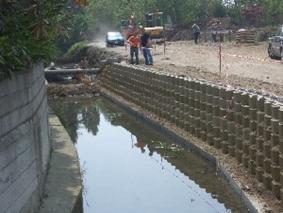
With this long-term goal in mind, a specific objective was established for the IGS four year-plan to “Begin our efforts to increase geosynthetic education at the undergraduate level.”
These efforts started with a pilot program that addressed the educational needs in the country of one of the youngest IGS Chapters: Argentina. Specifically, Educate the Educators (“Educando al Educador”) took place in Villa Carlos Paz, Argentina, 26 – 28 May 2013. This is a good example of a joint effort between an IGS Chapter (IGS Argentina) and the IGS (through its Pan-American Activities and Education Committees).
The focus of the program was on undergraduate education with the larger objective that every student graduating from a civil engineering program in Argentina will have received a basic exposure to geosynthetics. The goal was perhaps a simple one, a basic one-hour class, offered to every civil engineering undergraduate in the country. Thirty civil engineering professors received a fellowship that covered their expenses to attend this premier training program on geosynthetics.
The program benefited from the involvement of the Argentinean Council on Civil Engineering Curriculum (CODIC), an agency that has encouraged development of this educational program.
The revival of ETE built upon the terrific precedent of teaching civil engineering professors about geosynthetics. That earlier iteration was established in North America more than 20 years ago, with Prof. David Elton leading the program from 1994 to 1998. Each year, 25 professors were competitively selected to take part in the courses, which were conducted at Auburn University (Alabama, USA). Attendees had only to arrange their travel to and from Auburn. Meals, housing, and workshop materials were all provided free of charge to the participants.
The format for what was at the time called the “Professor Training Course for Geosynthetics” included lectures by well-known professors, who reviewed extensive class notes prepared as handouts for the course. The lectures covered polymers, manufacturing, erosion control, steep slopes, landfills, mechanically stabilized backfill, pavement applications, embankments over soft ground, and filtration and drainage. The concept of “modular notes” was used, with the notes broken down into many stand-alone parts. In this way, different components of the training session could easily integrate geosynthetics material into existing courses.
Over 15 years after this initial experience in North America, education on geosynthetics at the undergraduate level remains a current, worldwide need. The IGS is not alone in recognizing this important need. Undergraduate students in every civil engineering program deserve to receive a basic exposure to the types, functions, and applications of geosynthetics.
Contact the IGS for more information on how IGS Chapters can help with this important educational initiative program: IGSsec@GeosyntheticsSociety.org.
Educate the Educators (ETE) Program Contacts
IGS Secretariat
TEL: +1 561 768 9489
IGSsec@GeosyntheticsSociety.org
IGS Education Committee Chair
Prof. Takeshi Katsumi
Kyoto University
Tel: +81 75 753 9205
Fax: +81 75 753 5116
IGS ETE Program
Jorge G. Zornberg, PhD., P.E.
The University of Texas at Austin
Tel: +1 512 232 3595
Fax: +1 512 471 6548
leave your number below, we'll contact you shortly
We crowned our achievements with the awards we received. We work hard to give you the best service.

Most Solution Producing Pharmaceutical - 2008 Awards
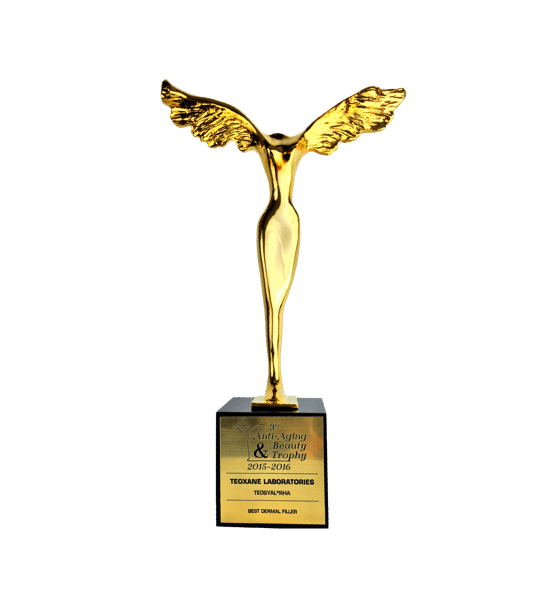
Most Solution Producing Pharmaceutical - 2008 Awards

Most Solution Producing Pharmaceutical - 2008 Awards

Most Solution Producing Pharmaceutical - 2008 Awards
What Our Customers Say About Us








